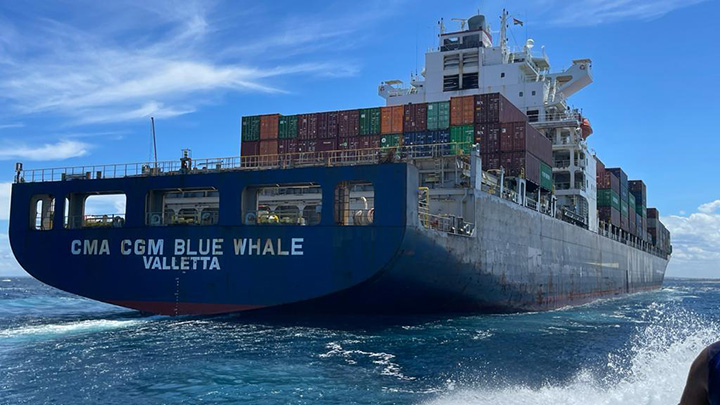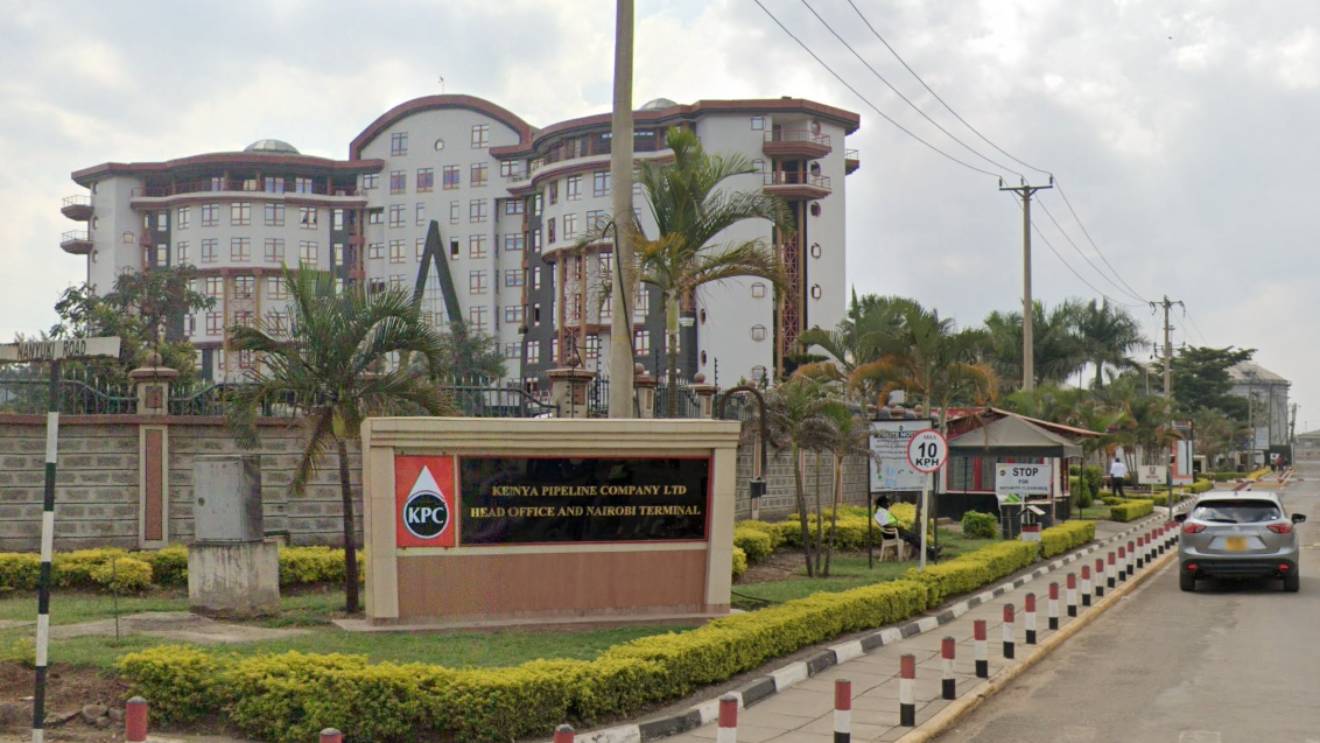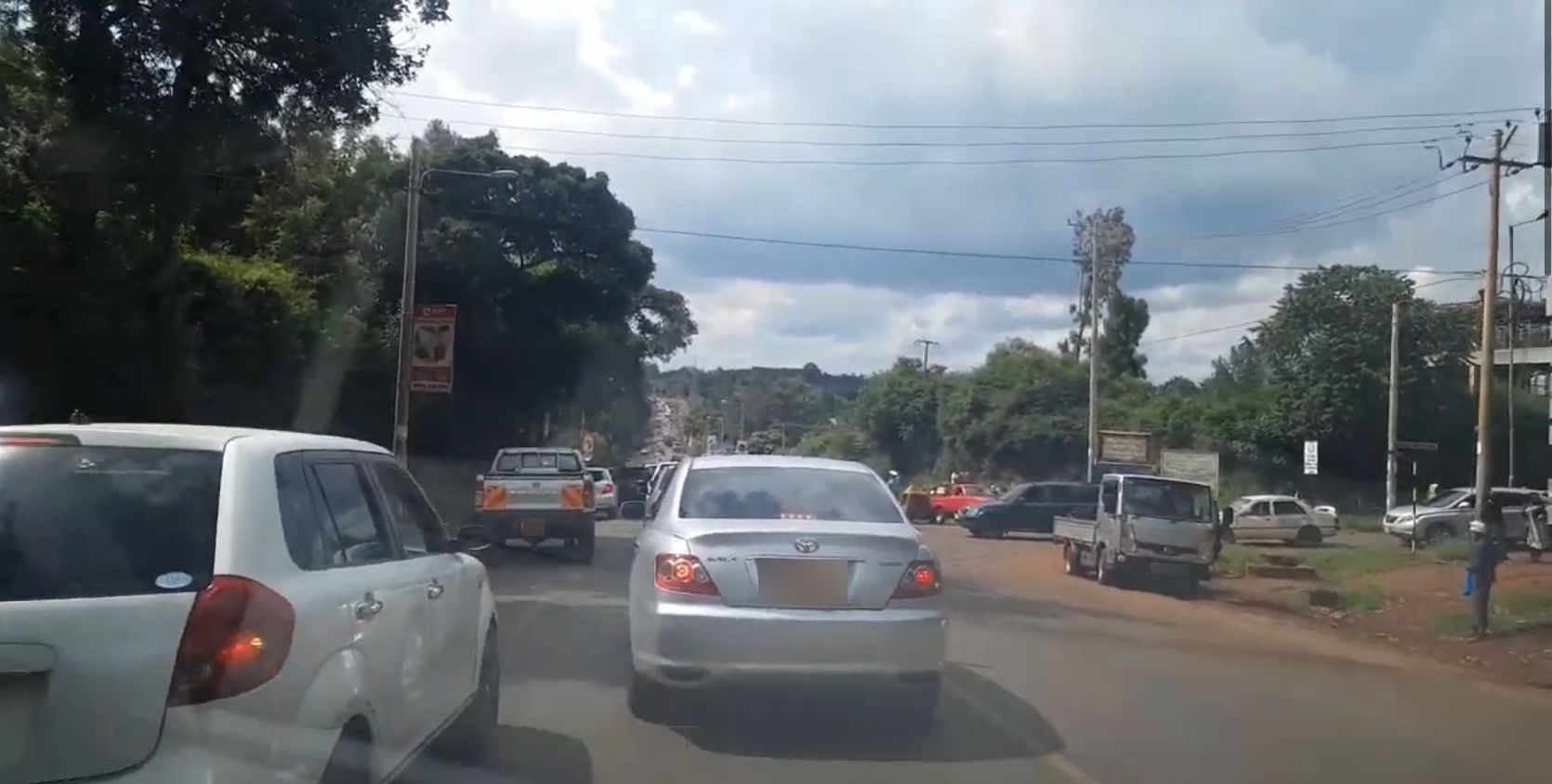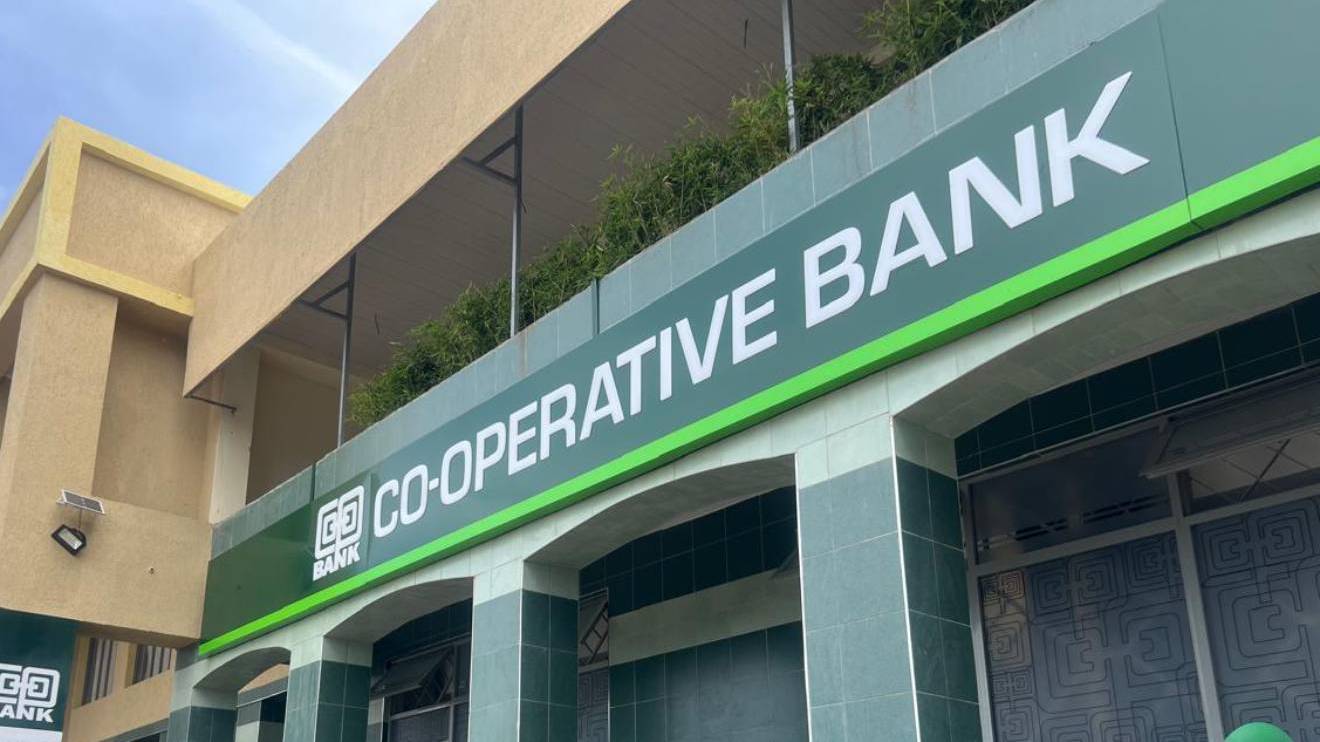Kenyan consumers could soon feel the impact of higher commodity prices as traders warn that new inspection fees imposed by the Kenya Plant Health Inspectorate Service (KEPHIS) are driving up the cost of doing business.
The charges, which shipping lines at the Port of Mombasa have begun passing on to traders, have triggered protests from importers, exporters, and industry bodies.
Kephis, which temporarily suspended the fees in March 2025 for consultations, has resumed issuing invoices for inspections of vessels, containers, and agricultural produce.
Shipping companies argue they have been left with no alternative but to recover these costs from traders, who are expected to pass them on to consumers.
One shipping line, in a communication to clients, stated, “Please note these charges were a recovery of the newly imposed Kephis charges. We have been receiving the Kephis invoices under protest for a while now and through our association also registered our dissatisfaction in the same. However, we have been left with no choice as Kephis now moved to send us demand notices on the billed charges.”
Read More
The scale of the fees has raised alarm. Exporters of fresh produce now face 50 cents per kilogramme, with a minimum of Sh100, plus Sh500 for each phytosanitary certificate.
Importers pay similar rates, alongside Sh600 for plant import permits. Depending on size, vessels, aircraft, and containers attract inspection fees between Sh500 and Sh10,000, while moisture and other tests incur additional costs.
A 40-foot reefer container of fresh produce, previously costing Sh1,500 to inspect, now requires Sh11,000, with phytosanitary certification rising from Sh500 to Sh11,500.
This means exporters moving 400 such containers a year could see annual certification costs surge from Sh600,000 to Sh4.6 million — a staggering 670 per cent increase.
Diamond Shipping Services Ltd has notified customers of surcharges from 1 June 2025: $10 (Sh1,295) per local container and $5 (Sh647.50) per transit container.
Kenya Sweets Limited has been billed $129 (Sh16,673) per container for cleaning by another line.
Industry bodies have condemned the developments.
SCEA chief executive Agayo Ogambi said, “Kephis, KMA and the shipping lines must sit to review the implementation of the Kephis charges. The billing cannot be on all containers but on the containers that have been attended to. Kephis must also state their intervention and or service offered on transit cargo. Shippers cannot be asked to pay for services not offered.”
He further urged collaboration to address concerns, noting, “We are opposed to the implementation as it is now and urge Kephis working with Shippers, KMA, KSAA to go back to the drawing board and adopt best practices in addressing the concerns of all parties.”
The Kenya Ships Agent Association has also defended the shipping lines’ position.
KSAA chief executive Elijah Mbaru remarked, “Charges levied in respect of inspection activities must be transparently justified by corresponding, verifiable physical inspections. Such charges, where warranted, should be appropriately passed on to the responsible cargo interests, such as importers or exporters.”
He added, “Inspection activities should not disrupt access to storage, cargo handling or the broader logistics chain.”
Kephis, for its part, maintains that the inspections are essential to safeguard Kenya’s agricultural sector.
The agency said the measures are “a vital intervention in mitigating phytosanitary risks and ensuring compliance with both national and international standards.”
As traders, shippers, and regulators continue talks, there is growing concern that unless the fees are reviewed, Kenyan households may soon face higher prices at the till.








